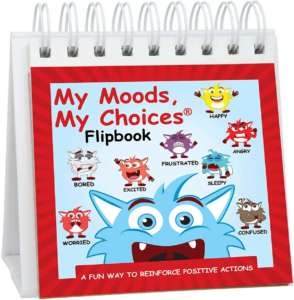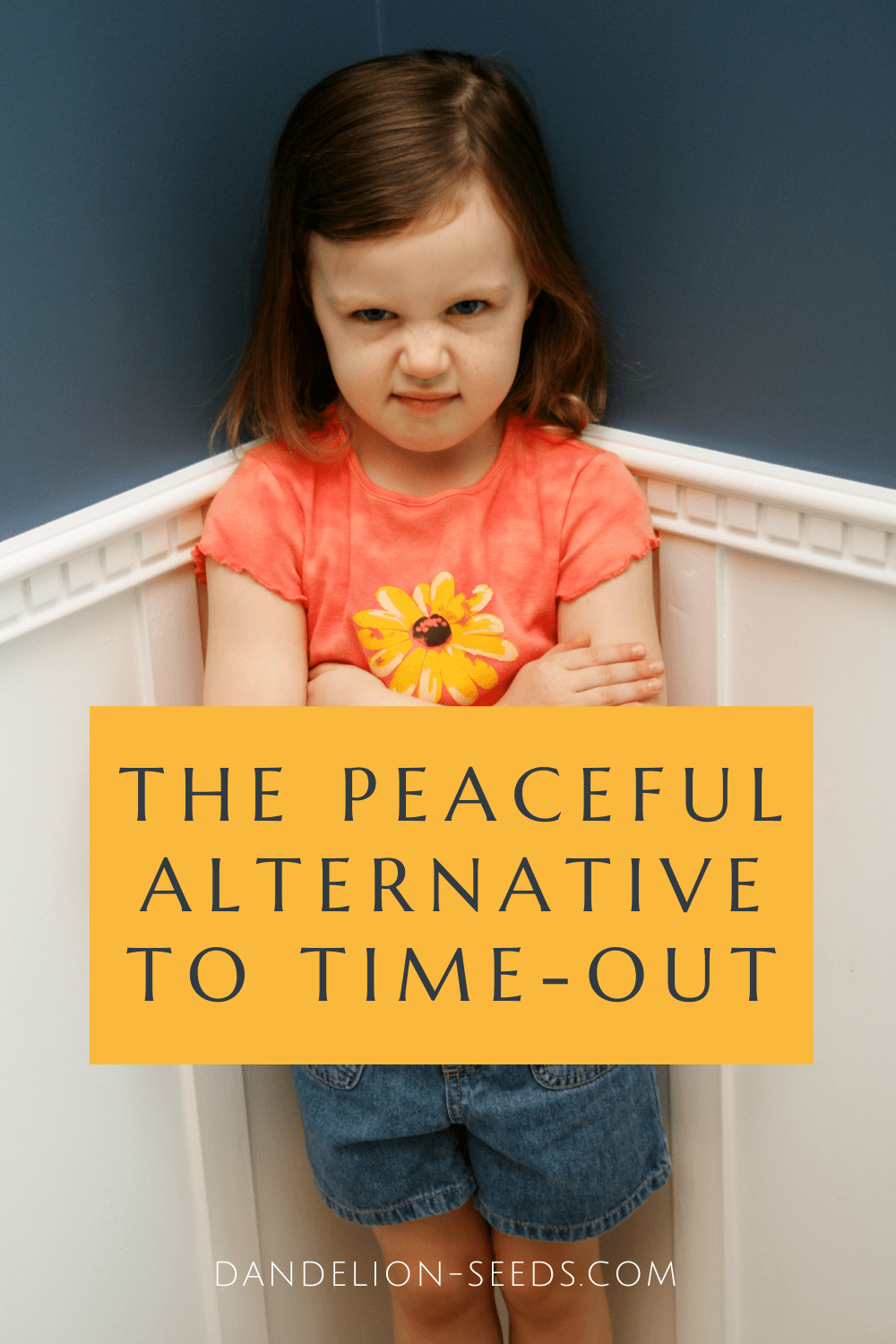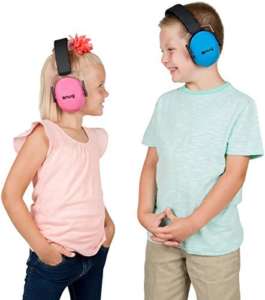
Sign in
Don't have an account with us? Sign up using the form below and get some free bonuses!

We've been hearing a lot about the "calm down corner" as a more peaceful alternative to the "time out" or "naughty step," but are we really just dressing up the same punishment to make it sound better?
In short, it’s all about intent -- and more importantly, the child’s perception of that intent.
Some children do well with sensory and/or comfort items when they’re upset, and some adults create a special space -- a calm down corner -- uniquely designed to hold these items for their child. It’s important to differentiate between disguising a “time-out,” when intended to be punitive and cause distress for the child, from a sacred, peaceful place that is truly

comforting.
Common items that adults place in the calm down corner are sensory items, stuffed animals, sticker or coloring books, and soft blankets or pillows.
When used punitively, consistently sending the child away to process their big feelings, even if to an otherwise “nice” calm down corner that’s separate from the adult, sends the child the message that our love and support are conditional; and that only certain feelings and behaviors are safe to show us.

It won't matter how many comfort items the child has if connection with their caregiver is lacking.
A punitive approach does not make the child's feelings go away. Instead, it risks setting them up to develop coping mechanisms that may or may not be healthy as they continue to grow and need support. We want them to feel safe to come to us as they get older and face bigger challenges.
Related mini-course: The World Is Tough: Shouldn't We Toughen Up our Children?
That depends whether you're looking at the short-term or the long-term. Short-term, behavior modification systems, including those that promote isolation in a punitive way, can indeed "motivate" the child to comply.
We're not looking for short-term wins, however. This is fear-based and control-based parenting. Rather than driving kids to "obey," it actually drives children to simply hide their behavior from us. They just get better at not getting caught so that they avoid punishment.
Furthermore, isolation-based strategies can damage their trust in us. These strategies don't promote respect; if anything, they damage it.
Although I don't recommend time-outs for children, I absolutely do recommend them for adults when they're having trouble controlling their anger. If an adult can create their own version of a calm down corner and retreat to it for a moment while they collect themselves, that can be a very wise approach.
The only caveat is to ensure the child is in a safe place while we take those moments to regroup.
Related: Positive Parenting Mini-Courses - Log In to Get One FREE

If you do opt for a calm down corner for a child, I recommend keeping it somewhere close to where we can be near or with the child, and if the child is open to it, stay there alongside them. Co-regulation helps the nervous system find balance and is shown to increase connection between parent and child.

Further, co-regulation teaches our child that we’re an emotionally safe place for them to share their feelings. With this approach, we set the stage for ongoing trust and open communication.
We’re planting seeds about whether they feel they can come to us unconditionally. Naturally, we want to be a safe haven for them.
This trust that we're their safe haven doesn’t come out of nowhere. They learn to trust in our emotional availability when they’re young.
If we say, “You can always come to me no matter what,” our responsibility is to follow through on that.
When we consistently use a time-in instead of a time-out or punitive calm down corner, it creates a natural state of bonding and connection, and therefore, no child can perceive our intent as anything but positive.
How it works is that we simply choose to do something unrelated to the problem at hand. It doesn’t mean we’re sweeping the problem under the rug. To the contrary, we’re calling it out in plain sight while also showing

our child that our relationship matters more than any problem we face together.
We can say something like, “I’m uncomfortable about [x] having happened, and we’ll address it shortly. First, let’s calm down together. We’ll solve the problem best when we’re both feeling peaceful.”
From there, we go and “do our thing” together. Consistency often works well, and we can customize it to our child’s personality type:
What doesn’t work as well is to go “cool off” in our own spaces. Once again, co-regulation is at the heart of the time-in. It’s all about feeling emotionally safe together.
Once everyone’s regulated again, we can address the problem from a place of curiosity and peacefulness.
A calm-down corner can, indeed, be an effective strategy when it's a positive space for both parent and child. It isn't the only tool, though -- and connection will always be a parent's, and child's, best bet.
